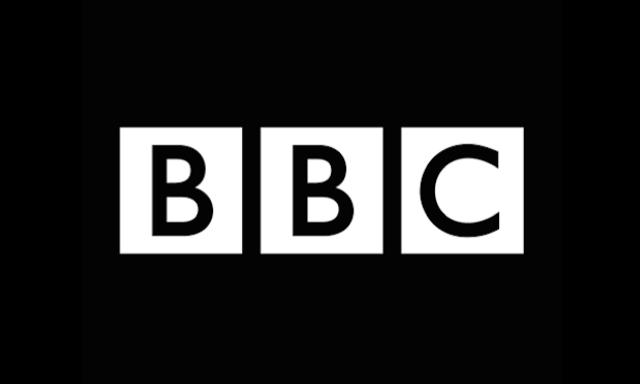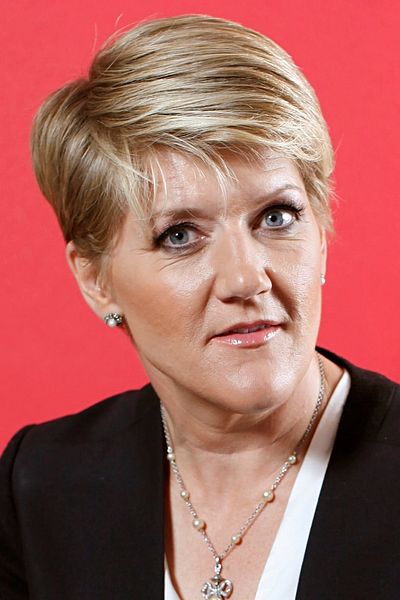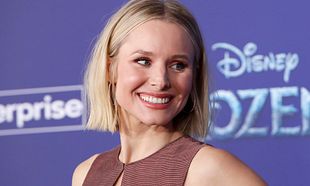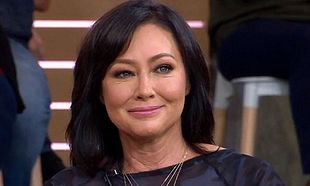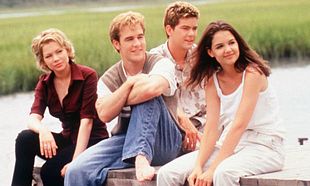Following on from the publication of BBC's payments to its presenters and on-air staff in its Annual Report, there's been considerable controversy over both the amount presenters are paid and the apparent lack of parity between male and female presenters.
In the past few hours, a large number of BBC presenters, journalists and correspondents have issued an open letter to BBC demanding that they take action to correct the problems with pay parity.
The letter, which has been signed by household names like Sue Barker and Clare Balding, called the publication of its wages list "an opportunity for those of us with strong and loud voices to use them on behalf of all, and for an organisation that had to be pushed into transparency to do the right thing."
"The pay details released in the annual report showed what many of us have suspected for many years... that women at the BBC are being paid less than men for the same work. Compared to many women and men, we are very well compensated and fortunate. However, this is an age of equality and the BBC is an organisation that prides itself on its values."
BBC Director-General Tony Hall, however, has publicly insisted that the broadcaster was "more diverse than the broadcasting industry and the civil service," but agreed that pay equality was still a work in progress. This was echoed in a statement by BBC released today after the open letter's publication, which said that the BBC has "made significant changes over the past three years but need to do more. Tony Hall has pledged the BBC will go further, faster."
"Across the BBC, the average pay of men is 10% higher than women. The national average is 18%."
